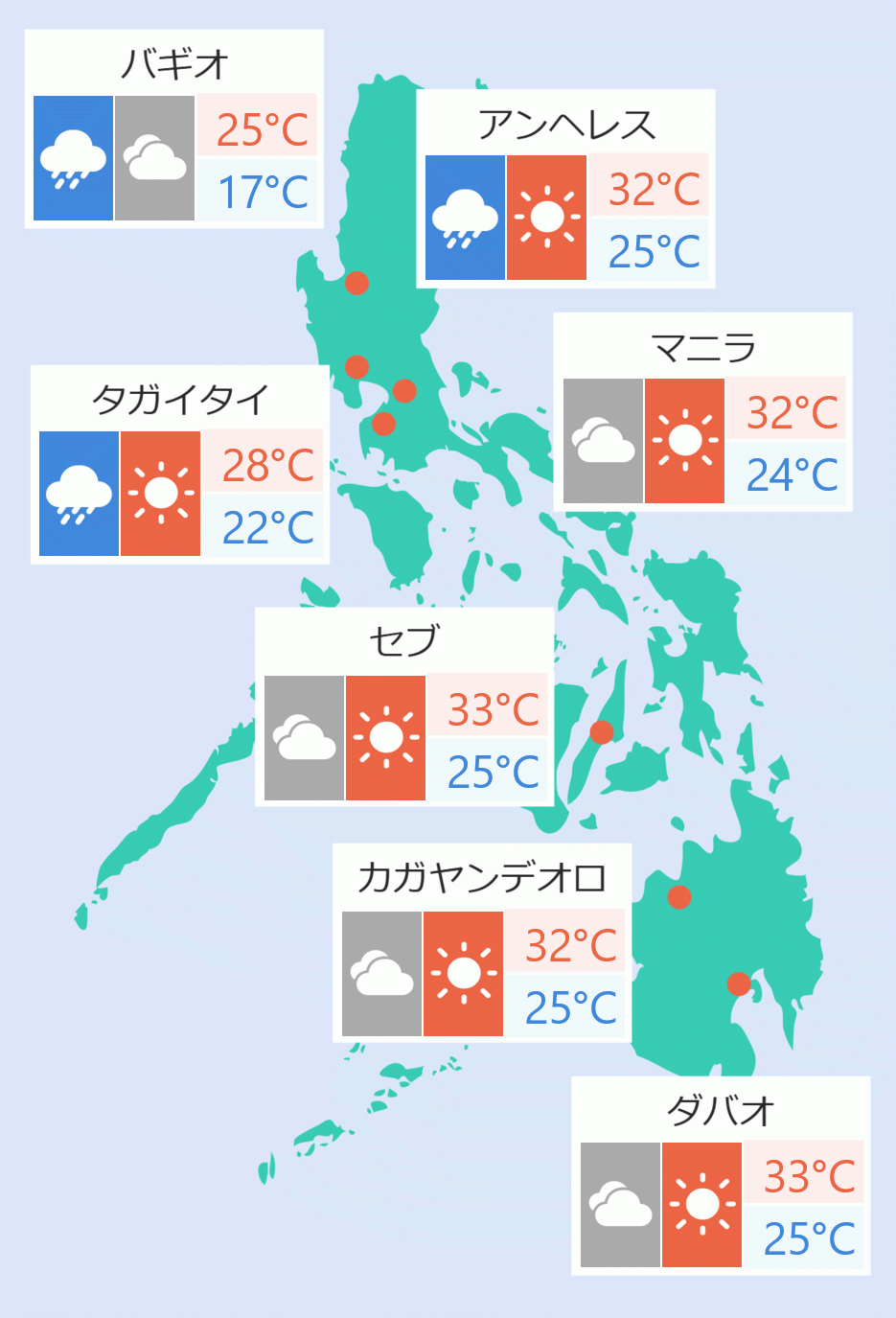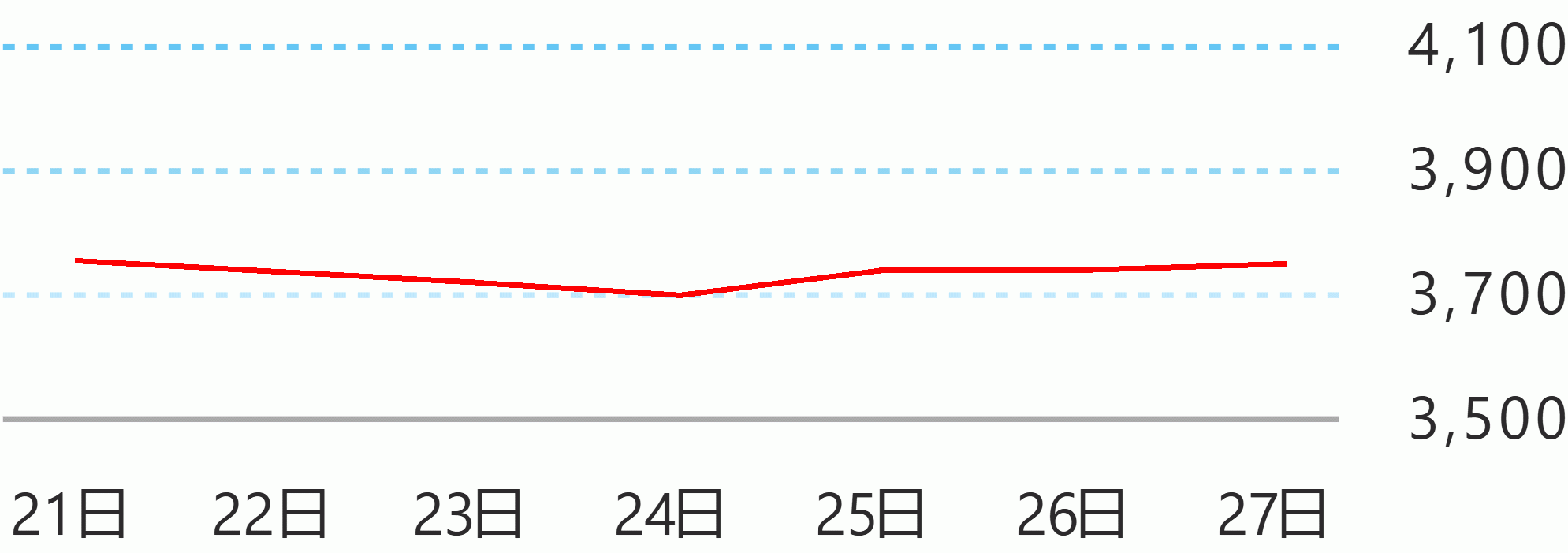The Philippine inflation rose in January to 4 percent, hitting the upper band of the government's target, the Philippine Statistics Authority said on Tuesday.
The January inflation was highest in more than three years after hitting 4.3 percent in October 2014, due to increases in food and non-food prices. Inflation last December was 3.3 percent and 2.7 percent in January 2017.
With the high inflation, Socioeconomic Planning Secretary Ernesto Pernia underscored the need for the government to put in place mitigation measures to cushion the transitory inflationary impact of the Tax Reform for Acceleration and Inclusion (TRAIN) law.
Equally important are vigilant price monitoring and prompt action to curb profiteering, said Pernia, also director general of the National Economic and Development Authority.
NEDA said the faster overall price increase of goods can be attributed mainly to the 4.5 percent increase in the food and non-alcoholic beverages segment, which constitutes 39 percent of the consumer basket.
The faster price adjustments especially for fruits and corn can be partly traced to the lingering effects of successive typhoons that occurred in the last quarter of 2017.
“The push in inflation is partly due to TRAIN, considering particularly the excise on fuel and additional sin taxes,” Pernia said, reiterating however that the effects of the TRAIN, which overhauled the country’s tax system for the first time in two decades, would be minimal and temporary.
The first package of TRAIN reduced the income taxes of 99 percent of the country’s income taxpayers.
The commodity group of alcoholic beverages and tobacco?comprising only 2 percent of the consumer basket?recorded a double-digit inflation, up to 12.3 percent from 6.4 percent in the previous month.
“With the initial inflationary effects of TRAIN, we must ensure faster provision of financial assistance through the unconditional cash transfer (UCT) program,” the NEDA official said.
This will help the poorest 50 percent of Filipino households cope with the transitory impact of TRAIN on prices, he added.
He also reiterated the agency’s call to replace quantitative restrictions on rice imports with tariffs to stabilize the country’s rice supply and lower the price of rice.
“When the quantitative restrictions are replaced by tariffs, the government will also be better able to help enhance the country’s competitiveness and productivity in agriculture. Revenues from tariff on imported rice will be used to finance government programs for agriculture,” the NEDA chief explained.
Over the medium term, the fast-tracked infrastructure development in the next few years, including reforms in the energy sector, will ease electricity prices, Pernia noted.
Meanwhile, among other non-food commodities that posted higher inflation were transport (3.2% from 2.4%); restaurant, miscellaneous goods, and other services (3.7% from 3.0%); health (2.6% from 2.2%); and furnishings, household equipment, and routine maintenance of the house (2.0% from 1.9%).
The prices of housing, water, electricity, gas, and other fuels, which account for about 22 percent of the consumer basket, slightly eased to 3.7 percent from 3.8 percent in December. This deceleration partly offset the upward pressure on the prices of consumer goods. DMS





 English
English









